Tax Litigation After the Appeals Process
When facing off against the IRS for whatever reason, there is always a process for escalation wherein if your case is not resolved you can seek the attention of a higher authority.
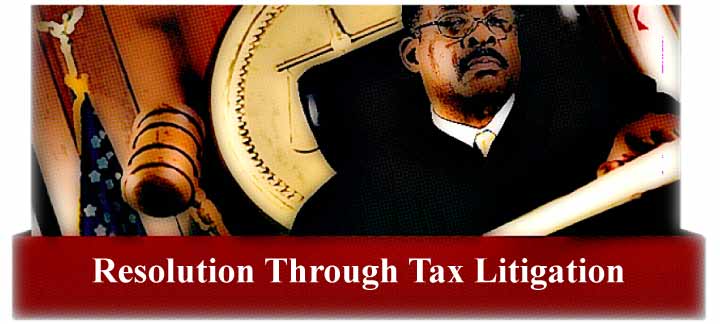
When facing off against the IRS for whatever reason, there is always a process for escalation wherein if your case is not resolved you can seek the attention of a higher authority.

Sometimes, it is in the best interest of the taxpayer to make a refund claim instead of file a deficiency action in the Tax Court.
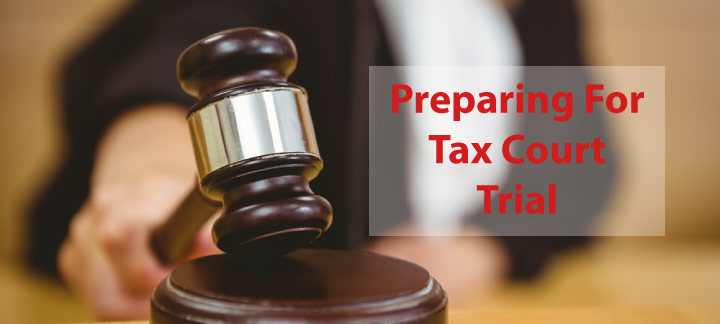
When your case is set for trial in the tax court, you will generally receive notice approximately five months prior to the trial date.

Litigation in the Tax Court is unique among all other forums in that the process involves various pre-trial stipulations made by both parties. In fact, the Tax Court requires litigant to submit to extensive pretrial stipulations, which are embodied in Tax Court Rule 91.

Although pre-trial conferences are not a typical occurrence in tax litigation, the Tax Court will occasionally allow them to take place to address intractable disputes between the parties.
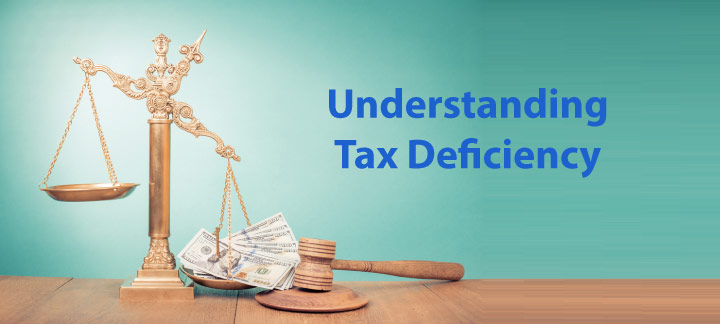
A tax deficiency is a statutorily defined concept that is essential to planning and proceeding with tax litigation. Specifically, a deficiency is defined as the amount by which the correct tax exceeds the excess of:
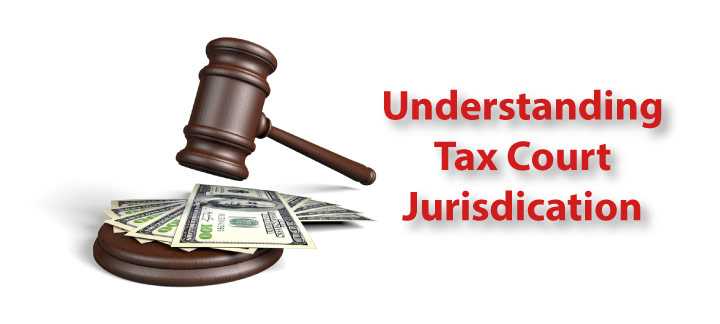
The Tax Court is the most typical forum for the resolution of tax litigation controversies. The Tax Court is an Article I court with limited jurisdiction as expressly conferred by Congress.
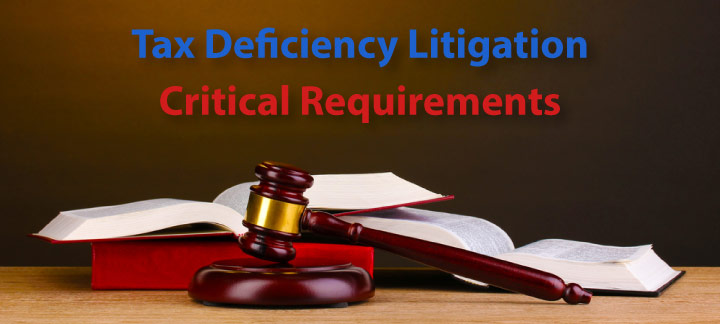
When contemplating filing a petition for redetermination, the taxpayer must be sure to comply with certain procedural and jurisdictional requirements. If the taxpayer fails to do so, there is a risk that the deficiency litigation will be invalid.
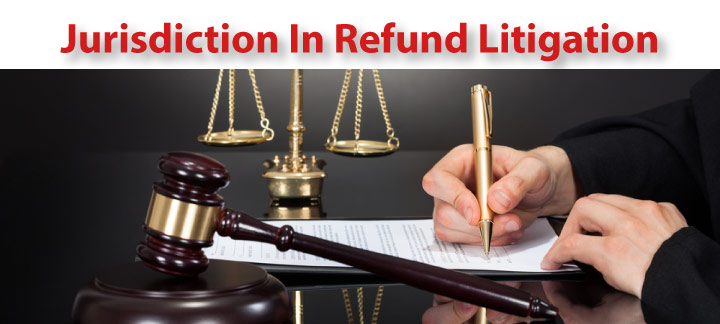
When you receive a statutory notice of deficiency from the IRS, you can file for a deficiency tax litigation or a refund tax litigation proceeding.
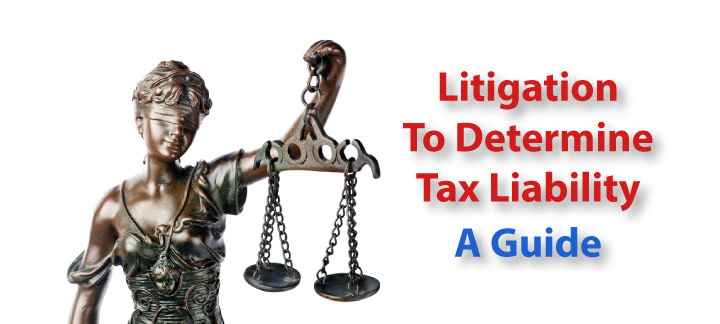
There are two principal types of tax litigation process that can be used to determine a tax liability: deficiency litigation and refund litigation.